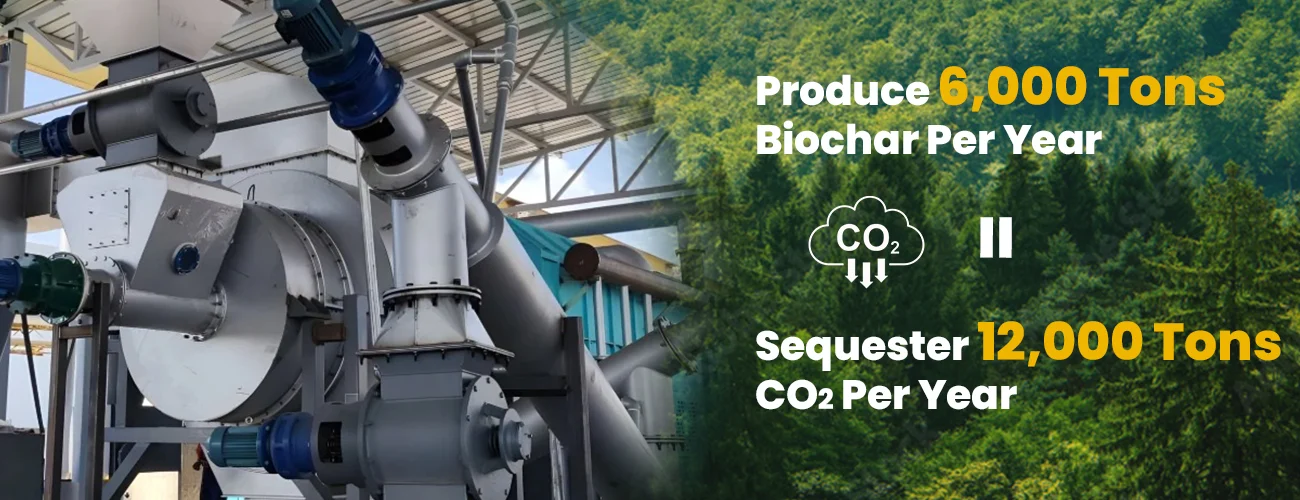The biochar industry has evolved from a niche environmental initiative into a global market segment with growing commercial significance. As nations pursue low-carbon development and circular resource utilization, biochar has gained attention for its capacity to sequester carbon, enhance soil fertility, and provide renewable energy solutions. Supported by advances in thermal conversion technology and agricultural sustainability programs, the biochar market is expanding across multiple regions and industries.
Technological Evolution and Production Pathways
The modern production of biochar is deeply rooted in controlled carbonization processes. Understanding how to make charcoal from wood forms the basis of biochar manufacturing, yet the methodology has advanced far beyond traditional pit or mound burning. Contemporary systems employ closed reactors, automated feeding systems, and gas recovery mechanisms that ensure clean and efficient conversion of biomass. A wood charcoal making machine for sale today integrates precise temperature control, enabling operators to tailor the physical and chemical properties of the resulting biochar to specific end uses. Such advancements have dramatically improved energy recovery rates while reducing emissions and feedstock losses.
Market Growth and Regional Dynamics
The global biochar market is experiencing robust growth, driven by rising awareness of soil degradation and climate change mitigation. North America and Europe remain early adopters, supported by carbon credit mechanisms and research-backed agricultural trials. In Asia-Pacific, expanding agricultural sectors and biomass availability are accelerating adoption, particularly in China and India. Developing economies in Africa and Latin America are increasingly investing in small-scale charcoal production machine units to convert crop residues and forestry by-products into value-added carbon materials. As market players scale operations, standardization of product quality and life-cycle assessment metrics are becoming essential for cross-border trade and certification.

Diverse Application Fields
Biochar’s versatility extends across multiple domains. In agriculture, its porous structure enhances nutrient retention, microbial activity, and soil water balance, leading to long-term productivity gains. In environmental remediation, it acts as an adsorbent for heavy metals and organic pollutants in contaminated soils and wastewater systems. The energy sector benefits from biochar’s high carbon content, which serves as a renewable solid fuel or a feedstock for activated carbon production. Industrial developers are also exploring the integration of biochar kiln technology within waste-to-energy systems to process agricultural residues, wood chips, and organic sludge efficiently.

Future Prospects and Sustainability Outlook
The future of the biochar market is closely tied to global decarbonization efforts and resource recycling strategies. Technological refinements in pyrolysis and carbonization processes, such as modular reactor systems and continuous processing designs, are expected to improve scalability and economic viability. Policymakers are increasingly recognizing biochar as a measurable carbon sink, opening new opportunities for credit-based financing and sustainable land management initiatives. Through the deployment of advanced equipment like a charcoal production machine and eco-efficient wood charcoal making machine for sale, the industry is poised to strengthen its contribution to climate resilience and green economic growth—transforming biomass waste into one of the most promising climate-positive materials of the century.